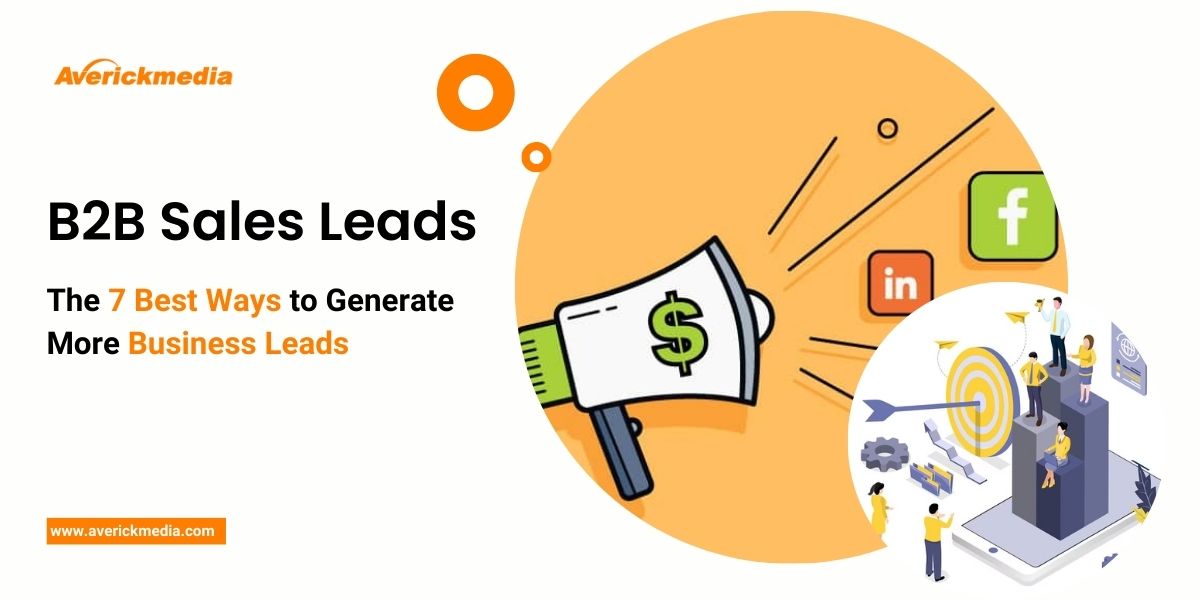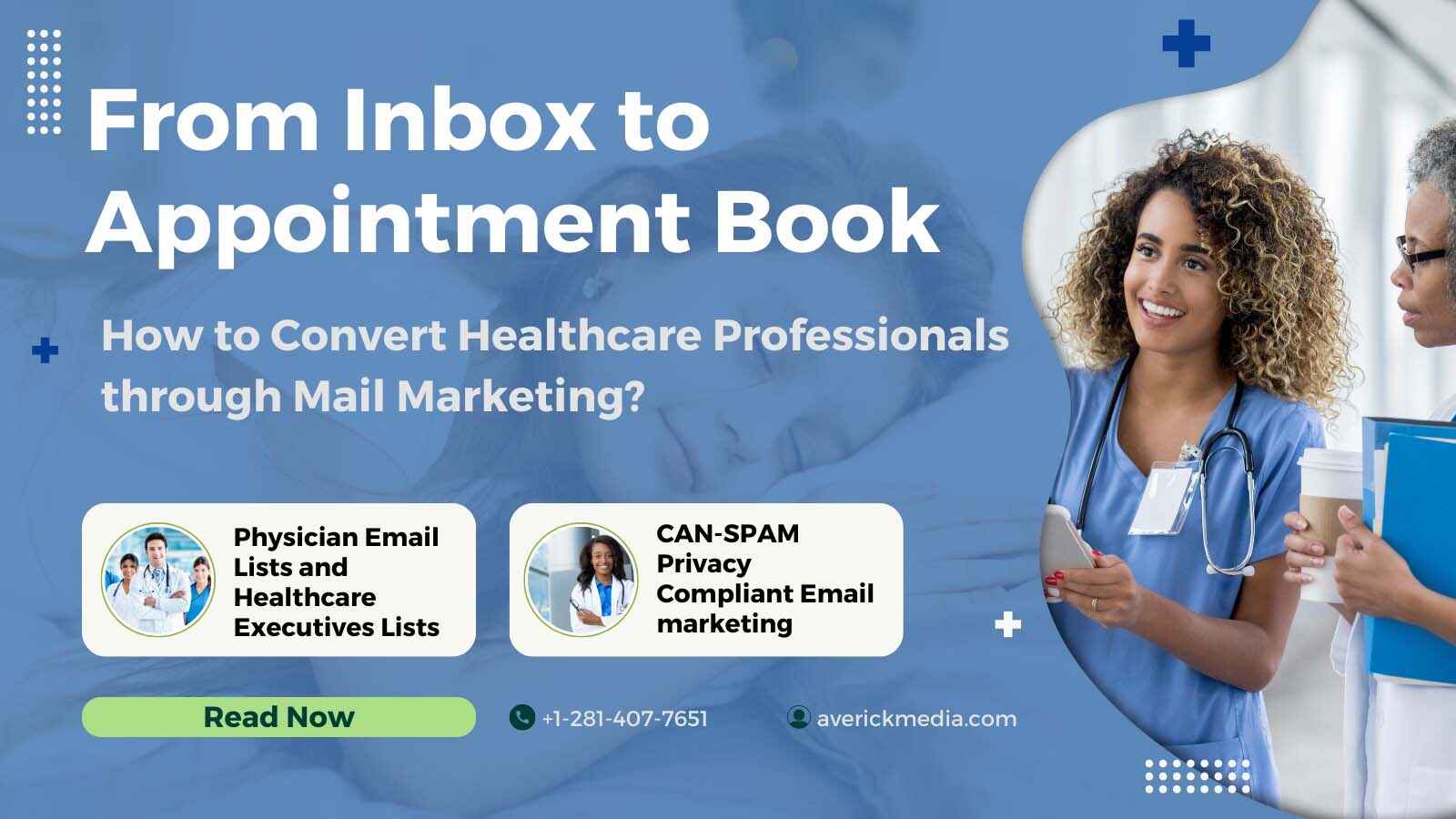Email List For Marketing - Where To Buy Email Database?

Purchasing a list of potential clients in your target market can help your business quickly expand the pool of prospects you can nurture. This is essential, especially when you might otherwise waste time pitching your products to uninterested customers. The value of having contact information for people who are already interested in what you’re offering is immense. In fact, 68% of companies struggle with lead generation, which explains why buying email lists remains a common B2B practice.
Planning to buy leads? If so, this guide will help you do it effectively.
What Is An Email Database?
An email database is a collection of email addresses and related contact information that businesses or individuals use for marketing, outreach, or communication purposes. The database typically includes not just email addresses but also additional data like names, job titles, company names, industry sectors, and sometimes phone numbers or physical addresses. Such databases can be built organically through opt-ins, where people voluntarily subscribe, or they can be purchased from third-party providers.
These lists provide accurate details on prospects, allowing you to target the right leads with precision. Verified contact information like email addresses, job titles, and company name scan help you tailor your outreach efforts more effectively. This ensures that your messages reach individuals who are more likely to be interested in your offerings, leading to better conversion rates and higher engagement opportunities. Additionally, having reliable data reduces the risk of wasted resources on unqualified leads, helping you maximize your marketing efforts.
How To Choose The Right Email Database?
1. Look past the price tag
The cheapest email list isn’t always the best option. While getting a bargain can be tempting, using a list with unqualified leads can damage your company’s reputation and lead to wasted resources. If you're investing in an email list, it’s worth investing more for better quality. A reputable provider will regularly update their lists to ensure the contact information is current and accurate. Additionally, many providers offer the ability to refine searches based on criteria such as industry, location, company size, advertising spend, and even the technologies used by businesses. This allows you to find the most targeted leads, making your outreach efforts more effective and efficient.
2. Try the lists first
Not every lead on a purchased list may be qualified, and some contact information could be outdated. Before investing in a full list, it’s wise to test a smaller sample from the source to assess the quality and relevance of the prospects. Many data providers offer sample lists of targeted leads for free, allowing you to evaluate their suitability before making a purchase. Testing a sample can help ensure that the leads are genuinely interested in your organization and that the contact details are current.
3. Privacy Compliant
You might be surprised to learn that In 2022, it was estimated that nearly 333.2 billion emails were sent and received daily. In 2023, around 45.6% of all emails worldwide were identified as spam. In December 2024, spam messages accounted for more than 46.8% of email traffic. Using a low-quality leads list could contribute to this overwhelming number of spam messages. To avoid this, it’s crucial to ensure that your email list is privacy-compliant. Verify that the list adheres to major regulations such as GDPR, CAN-SPAM, and anti-spam laws. A privacy-compliant leads list not only helps you avoid legal troubles but can also be essential for the success of your email campaigns.
4. Reputable Source
In today's digital age, there's a risk of encountering new or unscrupulous entities that may sell data lists under false pretenses. This can make it challenging to evaluate the credibility of a lead source before making a purchase. To protect yourself, it’s essential to conduct thorough research. Look for reviews and testimonials about the provider and reach out to them directly. Ask questions about their lead generation methods, the length of time they’ve been in business, and their overall approach to data collection. This due diligence can help ensure that you’re investing in a reputable and reliable lead source.
Where To Buy Email List For Marketing – 5 Recommendations
The key takeaway is straightforward: always buy from verified sources. Purchasing from reputable providers ensures compliance with regulations like GDPR, which mandate explicit consent for data collection, thereby helping you avoid hefty fines and damage to your brand.
Moreover, verified lists tend to have lower bounce rates and fewer spam traps, which safeguards your sender reputation and improves email deliverability. Many Email Service Providers (ESPs) require opt-in lists, so sourcing from verified providers helps you adhere to these standards and prevents potential service disruptions.
Additionally, verified sources are more likely to offer lists with genuine, interested contacts, leading to better engagement rates. They also provide accurate, up-to-date data essential for effective lead qualification and marketing.
As such, the top 5 companies falling into this category include:
1. AverickMedia
AverickMedia, a privately held company with over a decade of experience and satellite sales offices nationwide, excels in managing email and digital campaigns from start to finish. As a leading B2B data provider, AverickMedia boasts an accuracy rate exceeding 90% across various industries. Their offerings include over 35 advanced data attributes for customization, a Data Replacement Policy to address hard bounces, and an 85-90% deliverability guarantee. Additionally, they do not impose price-per-contact licensing charges and provide global data coverage across more than 170 nations.
2. Clearbit
Clearbit provides access to data on over 200 million contacts across 20 million businesses, enabling your sales team to target the right individuals based on your ideal customer profile (ICP), identify website visitors, and tailor messages for optimal engagement. Integrated seamlessly with your existing IT infrastructure, Clearbit delivers continually refreshed data from over 250 public and private sources to support your marketing, sales, and analytics teams. The tool integrates effortlessly with platforms like Salesforce, HubSpot, Segment, and Pardot, helping you identify prospects and build detailed client profiles.
3. Lusha
Lusha is a data provider platform designed to help you find and engage with B2B prospects effectively. It integrates seamlessly with various CRM and marketing platforms and includes lead and performance monitoring features to enhance your business operations. Lusha offers sales teams access to precise B2B data, featuring 100 million business profiles, 36 million C-level profiles, and 15 million corporate profiles. With Lusha, you can effortlessly save contacts from social networking sites, Gmail, or company websites directly into your CRM with just a single click.
4. ZoomInfo
ZoomInfo, a leading B2B data provider, has partnered with DiscoverOrg to deliver the most actionable and precise business analytics available today. Serving over 15,000 customers and 120,000 users, ZoomInfo provides a comprehensive set of aides for sales, marketing, people management, and operations. The platform offers access to more than 220 million professional profiles and 100 million company profiles, along with over 150 million email addresses across various industries. It ensures seamless integration by synchronizing contacts and communications directly with your CRM. Additionally, ZoomInfo's detailed content profiles include certifications, employment history, online mentions, job duties, and social media profiles.
5. UpLead
UpLead is a standout tool for purchasing email lists, offering access to over 155 million professional profiles worldwide with a commitment to 95% accuracy. This ensures you receive verified email addresses, providing high-quality leads for your business. UpLead goes beyond merely selling email lists by enhancing your marketing strategy with real-time email verification, extensive filters for precise targeting, and integration with over 1,500 platforms. Whether you're looking to buy business email lists or craft targeted marketing campaigns, UpLead's real-time prospecting and advanced search capabilities make it a perfect choice. Pricing options include a free trial at $0/month, Essentials starting at $74/month, Plus starting at $149/month, and Professional with custom pricing.
3 Things to Avoid When Purchasing An Email List
When buying a leads list, it's crucial to avoid common pitfalls that can undervalue your efforts. Here are three key things to watch out for:
1. Purchasing a Non-Exclusive List: Exclusivity can be vital, depending on your sector. While non-exclusive leads are often cheaper, they might be sold to multiple buyers, diluting their value. This means your competition could also be contacting the same prospects. To avoid this, choose a data provider that guarantees exclusive access to your leads.
2. Buying Pre-Made Lists: If an email list is available for purchase, it's likely that others have used it as well. This can lead to leads who are already saturated with similar offers or disinterested due to repeated outreach. Instead, opt for a service that allows you to build a customized and targeted list tailored to your specific needs.
3. Using Outdated Lists: The relevance of a leads list diminishes over time. In a fast-paced business environment, outdated lists can result in low engagement rates and wasted resources. Ensure you're investing in freshly curated lists and purchasing them close to your campaign launch date to maximize their effectiveness. Avoid buying lists that may be outdated by the time you use them.
Wrap Up
Working with B2B data providers offers a wealth of valuable information to help target your audience and grow your business. To maximize this advantage, use the data to create content that reflects your customers and keeps them engaged. Develop targeted marketing efforts that align with the needs and preferences of your audience. Always ensure the data is accurate and up-to-date, as it can be leveraged for various purposes, including marketing, analytics, and product development. We hope you found this detailed guide on B2B data providers insightful. These companies, with their extensive data repositories, not only aid in connecting with new customers but also enable you to monitor competitors and conduct competitive research.



